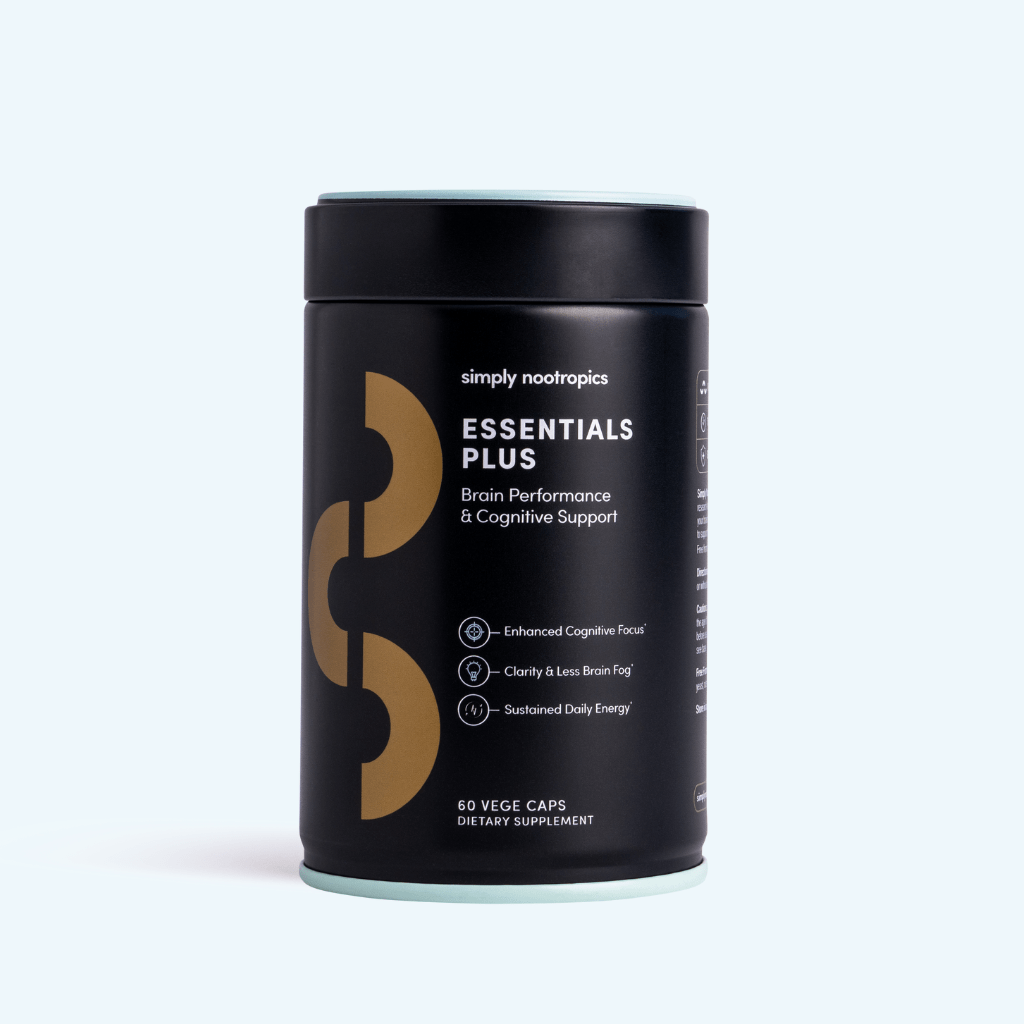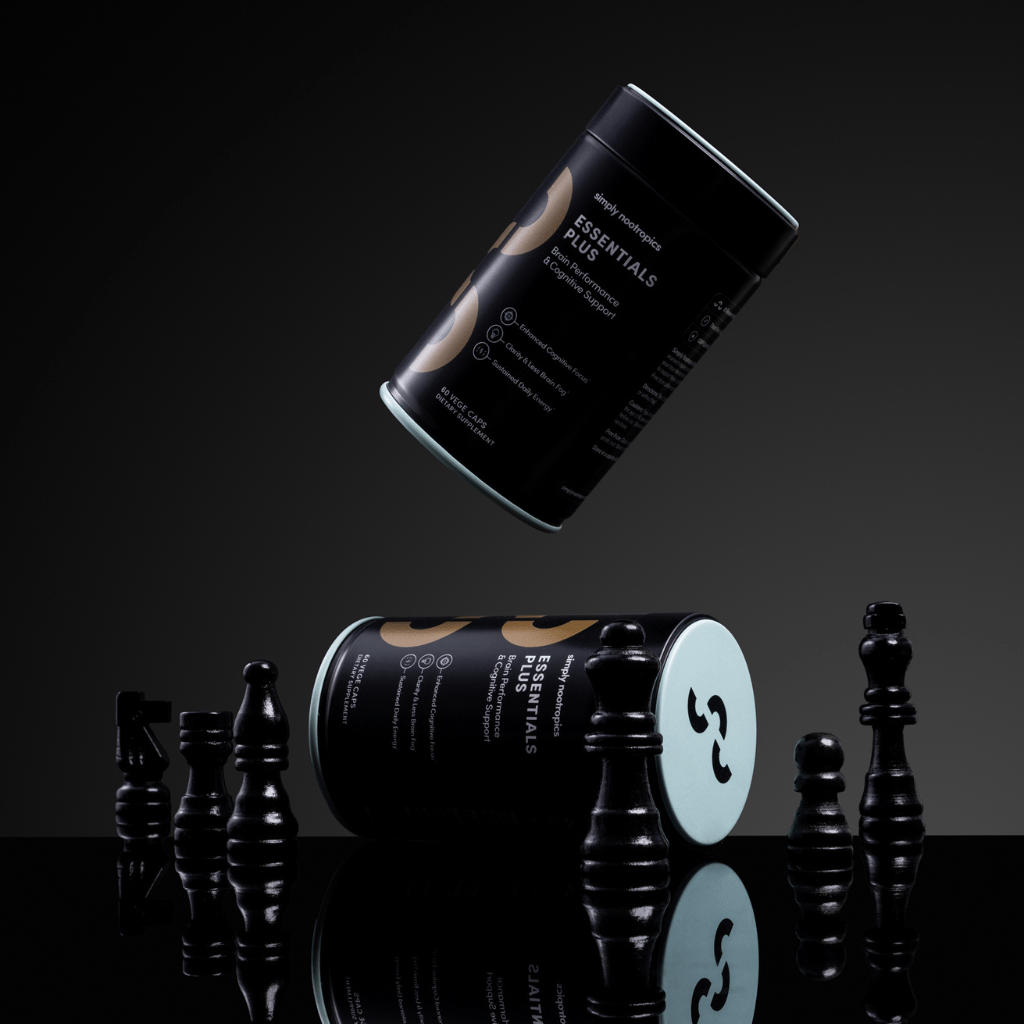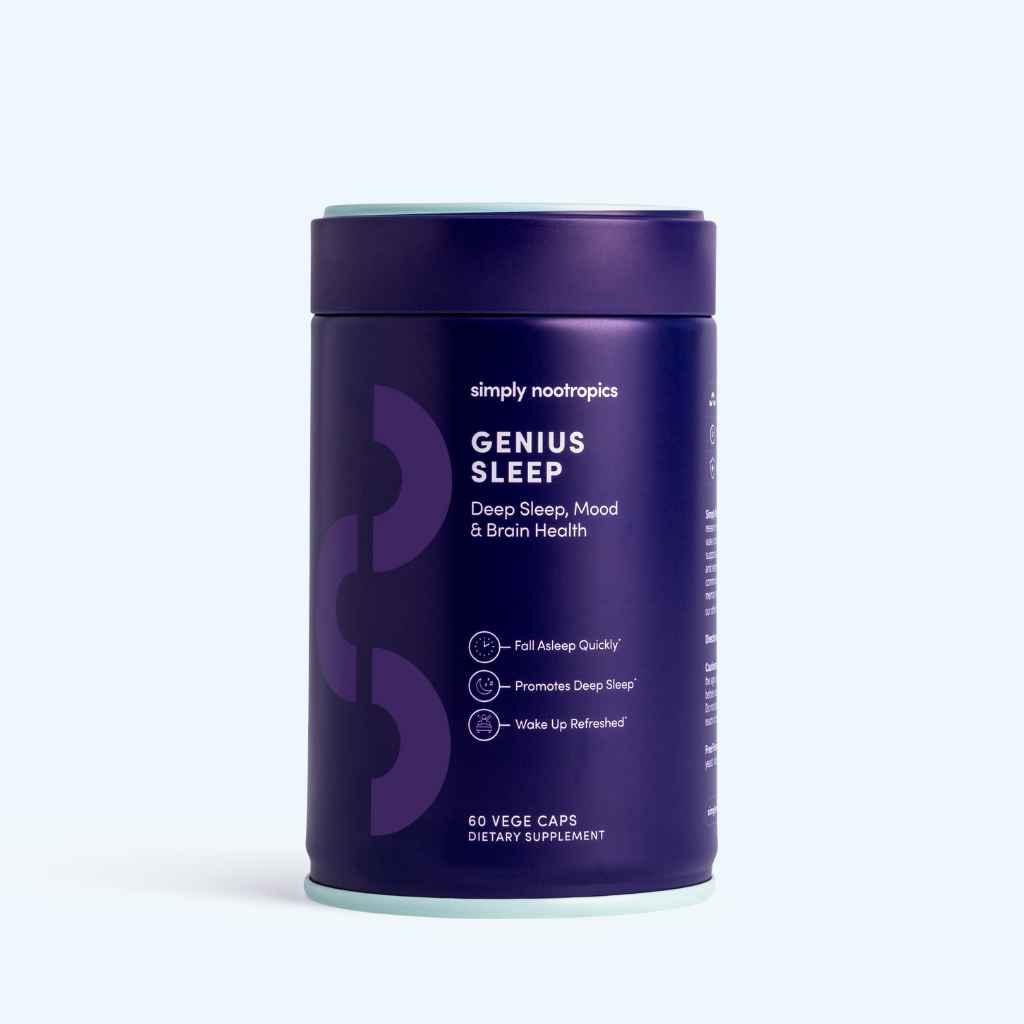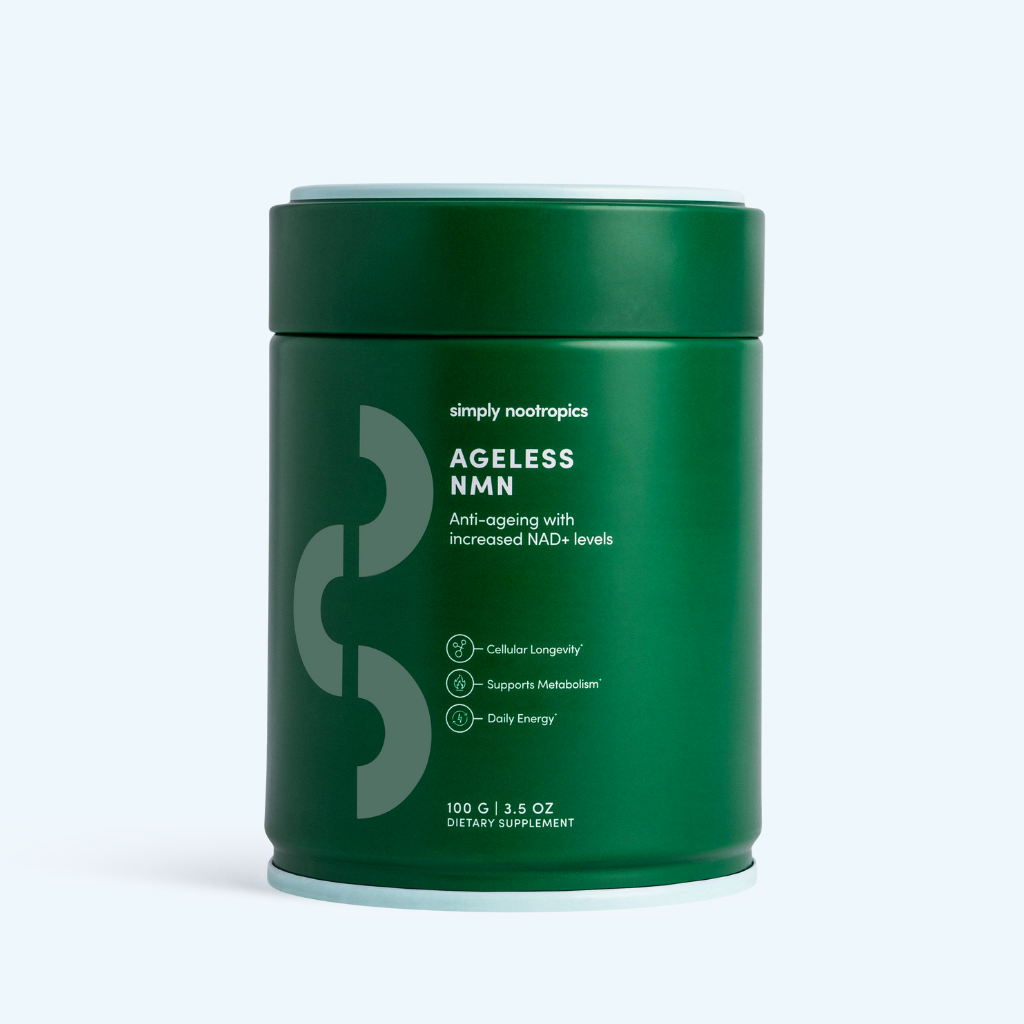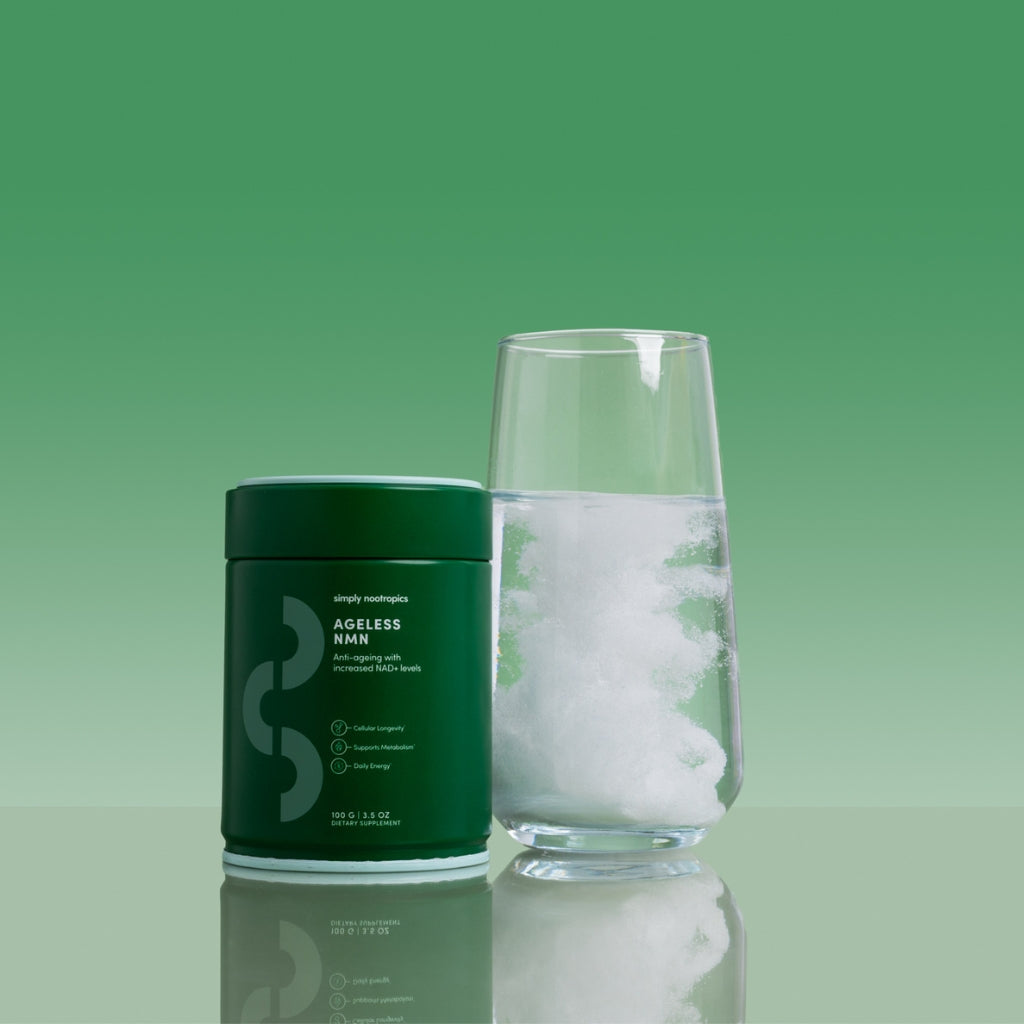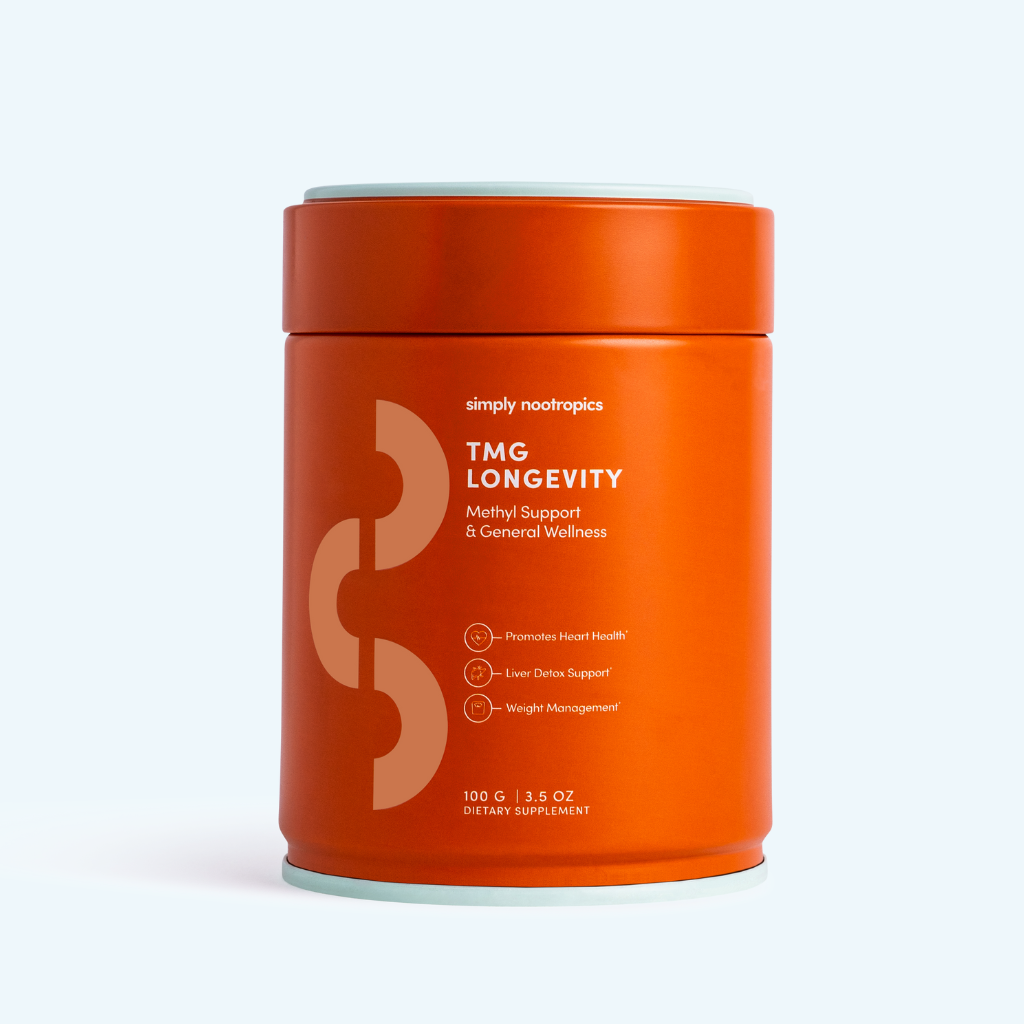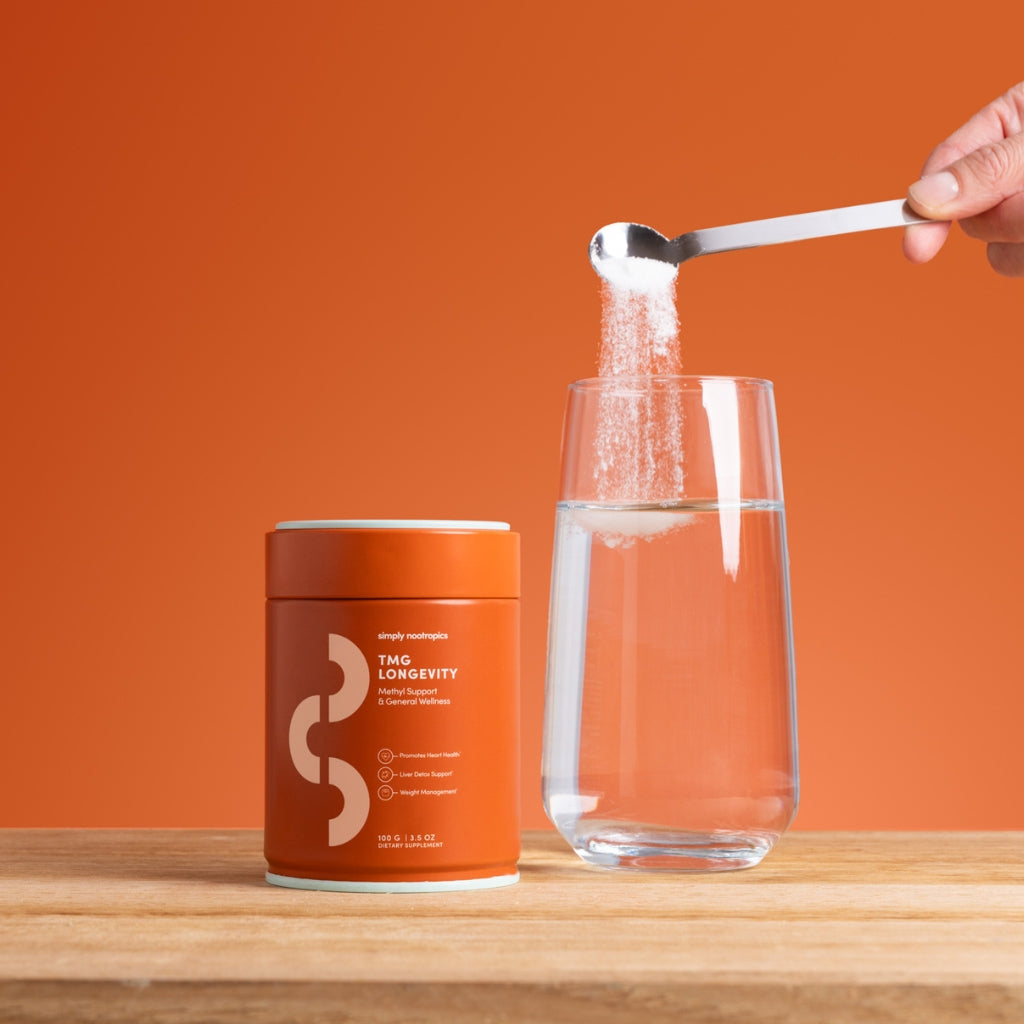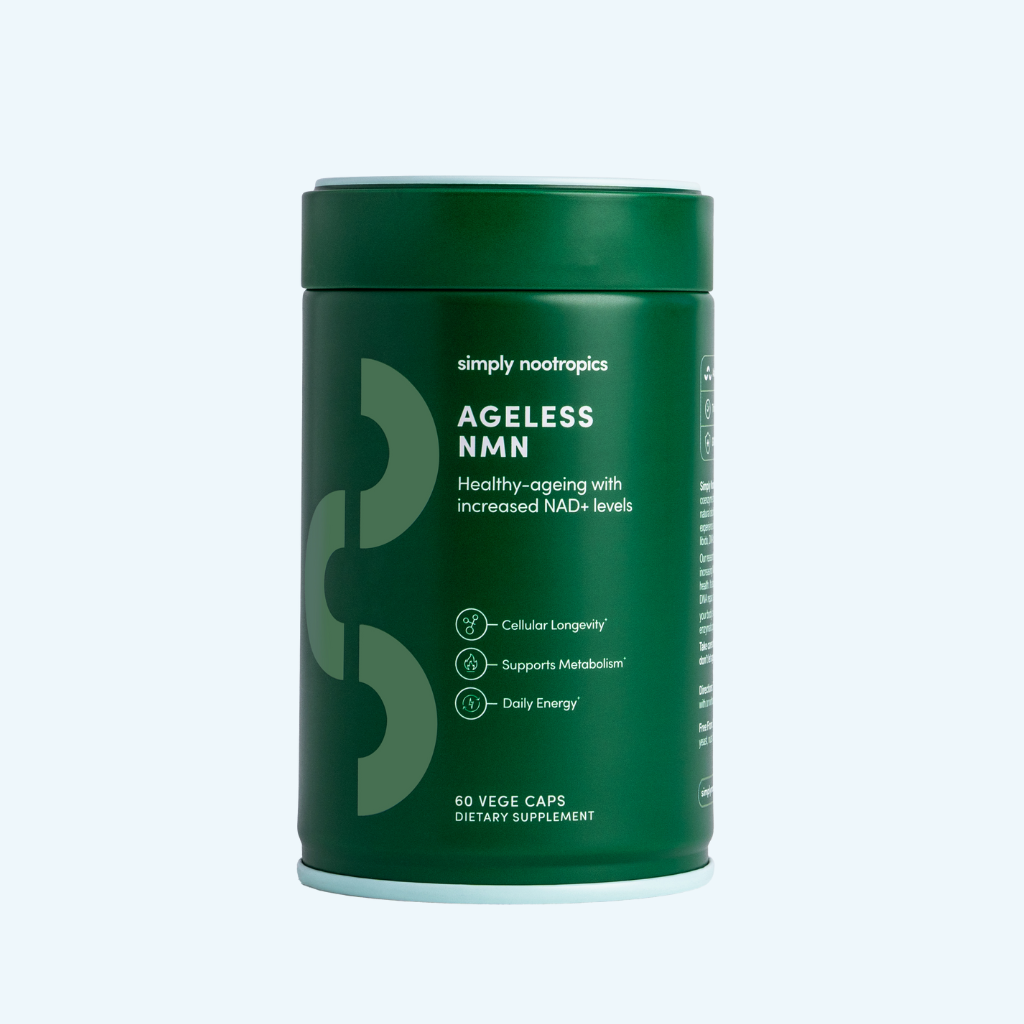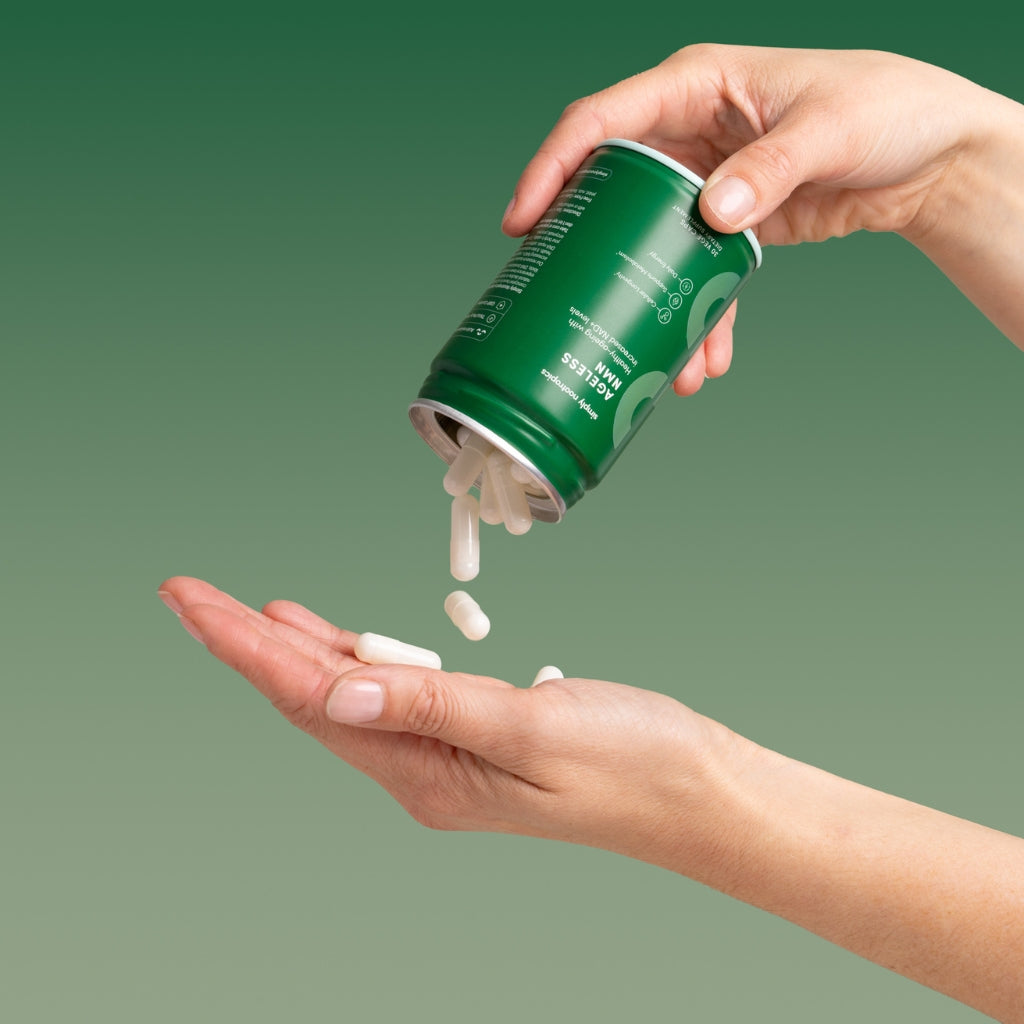Many of us have a daily ritual that involves a warm, comforting cup of coffee to start the morning well. Caffeine is a powerful stimulant that millions of people rely on for its energy-boosting effects. But the caffeine kick also comes with a downside, like jitters, anxiety, digestive issues, or even trouble sleeping after just one too many cups. If you're one of those who love the energy boost but hate the side effects, it’s time to explore some natural alternatives to caffeine.
- Adaptogens
Adaptogens are a group of herbs and mushrooms that help our bodies adapt to physical and mental stress. Instead of giving a temporary jolt of energy like caffeine, adaptogens work more holistically, helping to regulate and stabilise various functions in the body. This means they help improve energy levels without the crash after.
- Rhodiola Rosea: Known as "golden root," Rhodiola Rosea is famous for boosting stamina and reducing fatigue. It’s often used to support mental clarity, concentration, and productivity, especially during times of stress. The plant has been used in traditional medicine for centuries, particularly in regions with challenging climates, like Siberia.
- Ashwagandha: This powerful herb is best known for its stress-relieving properties, but it also helps balance energy levels throughout the day. By regulating cortisol levels, the hormone that contributes to stress and fatigue, Ashwagandha promotes steady, natural energy, perfect for staying focused without the caffeine jitters.
- Ginseng: Panax ginseng, or ginseng, is another adaptogen that's been used for centuries in Asian cultures. It's famous for improving stamina, boosting physical energy and concentration, making it an excellent caffeine-free alternative for maintaining productivity.
- Herbal Teas
If you like the ritual of drinking something warm but want to avoid the caffeine, herbal teas can be a perfect choice. They’re calming, hydrating, and can help boost energy levels in a more gentle and sustained way.
- Ginger Tea: Ginger is a well-known natural stimulant, which means it can help boost your energy without causing anxiety or jitteriness. It also aids in digestion, which can indirectly help you feel more alert and energetic.
- Peppermint Tea: Peppermint has a naturally uplifting aroma and refreshing taste, so drinking peppermint tea can help clear mental fatigue. It’s a great natural pick-me-up, especially during those post-lunch energy slumps.
- Rooibos Tea: A caffeine-free tea from South Africa, Rooibos is rich in antioxidants and minerals that support overall health. Its mild, sweet flavour makes it an excellent substitute for those who prefer black tea or coffee but want to avoid caffeine.
- Superfoods
Superfoods can offer a steady release of energy throughout the day, unlike caffeine, which provides a quick, short-lived spike.
- Maca Root: This Peruvian root has gained popularity for its ability to enhance energy and stamina. Maca is a superfood that helps regulate hormones and is packed with vitamins, minerals, and amino acids. It's often added to smoothies, oatmeal, or even coffee substitutes for an extra boost of natural energy.
- Chia Seeds: Rich in omega-3 fatty acids, protein, and fibre, chia seeds provide slow-burning energy that can keep you feeling full and alert for hours. They’re especially good when added to smoothies, yoghurt, or soaked in water or plant-based milk to make chia pudding.
- Cacao: If you love the flavour of chocolate, raw cacao is a great option for an energy boost. It’s packed with magnesium, which is important for energy production, and contains theobromine, a natural compound that can enhance mood and alertness without the caffeine kick.
- Breathing Techniques and Physical Activity
Not all natural alternatives to caffeine are found in foods or supplements. Sometimes, simple breathing exercises or physical movement can work wonders for boosting energy.
- Breathing Exercises: Oxygen is essential for energy, and simply practising some focused breathing techniques can help energise your body and mind. Techniques like deep diaphragmatic breathing or the “4-7-8” method (inhale for 4 seconds, hold for 7 seconds, exhale for 8 seconds) can help you feel more awake and refreshed. When you're feeling sluggish, a few minutes of focused, deep breathing can help rejuvenate your energy.
- Stretching and Movement: Physical activity, even gentle forms like stretching or a quick walk, helps circulate blood and oxygen through the body, which naturally increases energy levels. Movement like jogging in place or doing a few yoga poses can be a good way to feel more energised without reaching for a cup of coffee.
- Nootropics: Boosting Brain Energy Without the Jitters
Now that we've covered some natural alternatives to caffeine for overall energy, it's time to discuss nootropics, which are often used to improve focus, creativity, memory, and mental clarity, making them a great alternative for caffeine in supporting productivity.
- L-Theanine: This amino acid, commonly found in green tea, promotes a state of relaxed alertness. While L-Theanine can also be combined with caffeine for a more balanced energy boost, on its own it’s excellent for reducing anxiety and enhancing focus. Many people find L-Theanine effective for keeping them on task without the jittery side effects of caffeine.
- Lion’s Mane Mushroom: This medicinal mushroom is famous for its cognitive-enhancing properties. Lion’s Mane helps boost brain-derived neurotrophic factor (BDNF), which is important for neuron growth and maintenance. By supporting overall brain health, Lion’s Mane helps boost focus, clarity, and mood. It’s a natural, caffeine-free way to support mental energy over the long term.
So, if you want to boost your energy and focus without the drawbacks of caffeine, Simply Nootropics Essentials might be what you need, because it features ingredients like L-Theanine and Lion’s Mane to offer a balanced, long-lasting support your mind needs, naturally and effectively.

